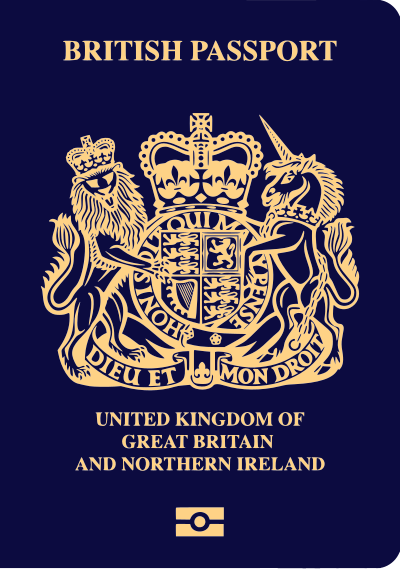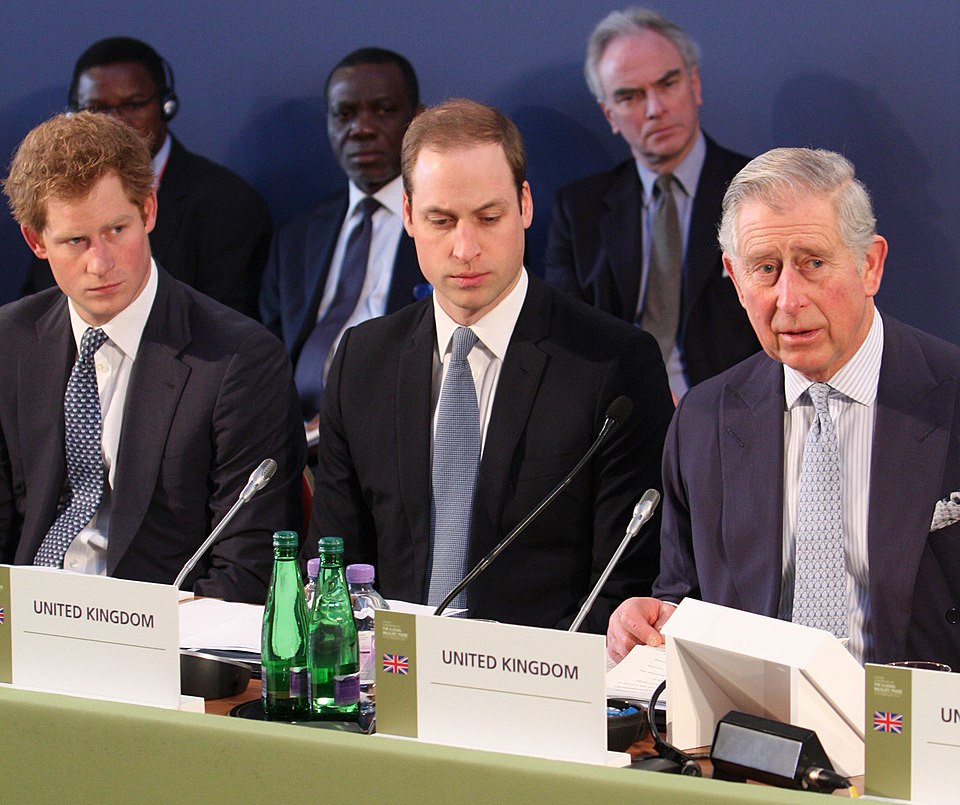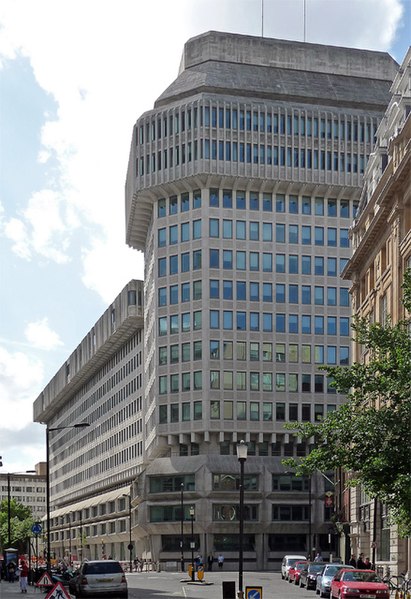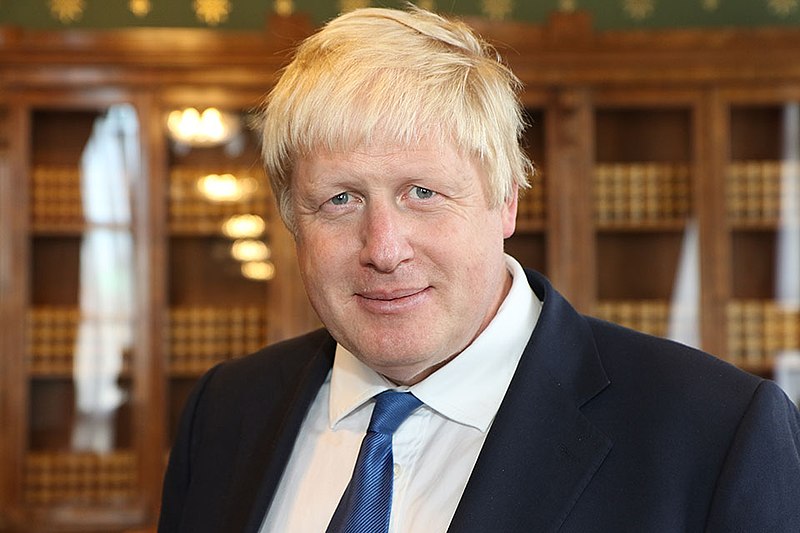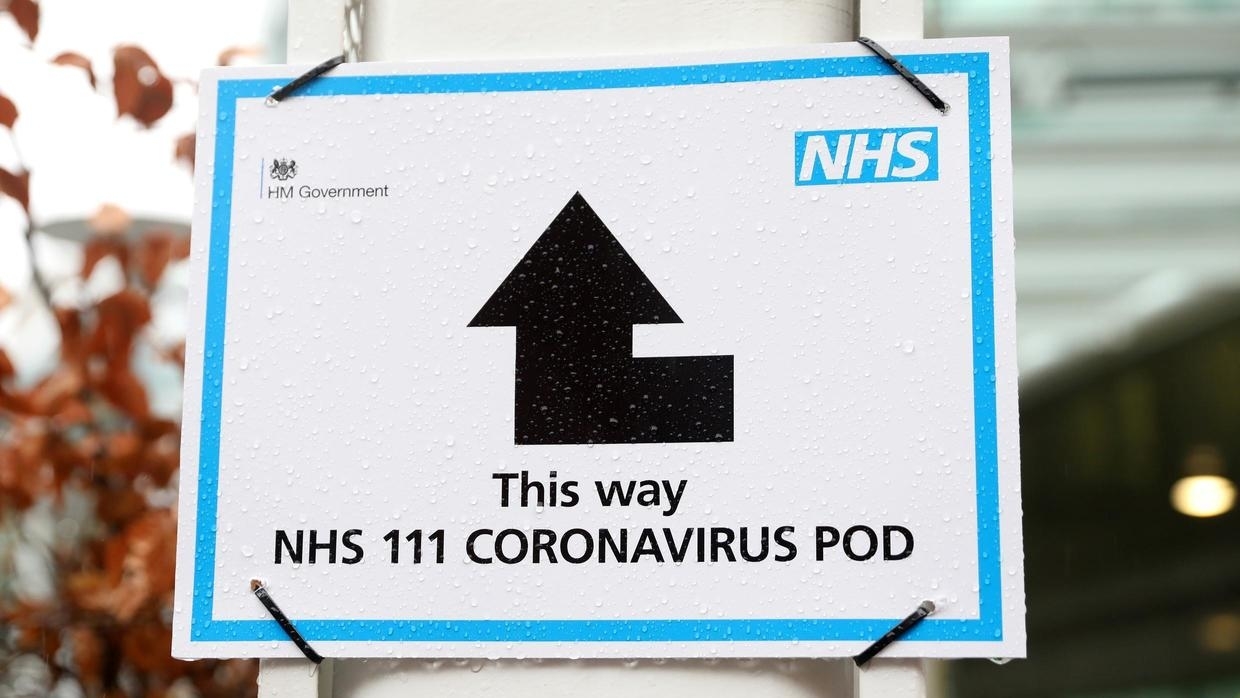
Nearly one in four pupils in England were eligible for free school meals as of January this year, marking an increase from the previous year.
New data from the Department for Education (DfE) reveals that nearly 2.1 million pupils in England are currently eligible for free school meals. Over the past year, an additional 75,000 children have qualified for this benefit.
As of January 2024, 24.6% of pupils in England were eligible for free school meals, up from 23.8% in January 2023. This represents a rise from 2.02 million to 2.09 million children.
Education leaders warn that these figures are just “the tip of the iceberg,” indicating that many children living in poverty may still be missing out on free school meals.
Regional Disparities in Eligibility
There are significant regional differences in free school meal eligibility across England. The map below illustrates these variations:
North-East England: Highest eligibility rate at 31.2%.
South-East England: Lowest eligibility rate at 19.7%.
The regions with the largest increases are the East Midlands and West Midlands, both seeing a 1.0 percentage point rise since 2023. The South West has the smallest increase at 0.5 percentage points, reaching 20.5% in 2024. All regions have experienced some increase in eligibility since 2023.
Eligibility Criteria
Children in state schools in England can receive free meals if a parent or carer receives certain benefits, such as Universal Credit, child tax credits, or income support. Protections introduced during the rollout of Universal Credit ensure that pupils who became eligible for free school meals since April 1, 2018, will remain eligible until March 2025, which has likely contributed to the rising numbers.
Responses from Education Leaders
Paul Whiteman, general secretary of the school leaders’ union NAHT, emphasized the importance of free school meals as a safety net for families and their children. He criticized the low-income cap of £7,400 for free school meal eligibility, noting that it has not been adjusted for inflation in six years, causing many children in poverty to miss out.
Sir Peter Lampl, founder of the Sutton Trust charity, described the increasing number of children eligible for free school meals as indicative of rising poverty, stressing that the actual need far exceeds current eligibility criteria.
Daniel Kebede, general secretary of the National Education Union (NEU), highlighted the broader impact of child poverty on education and called for urgent government action to address these inequalities, including scrapping the two-child limit and ensuring every child has access to free school meals. Photo by Sebastiandoe5, Wikimedia commons.
